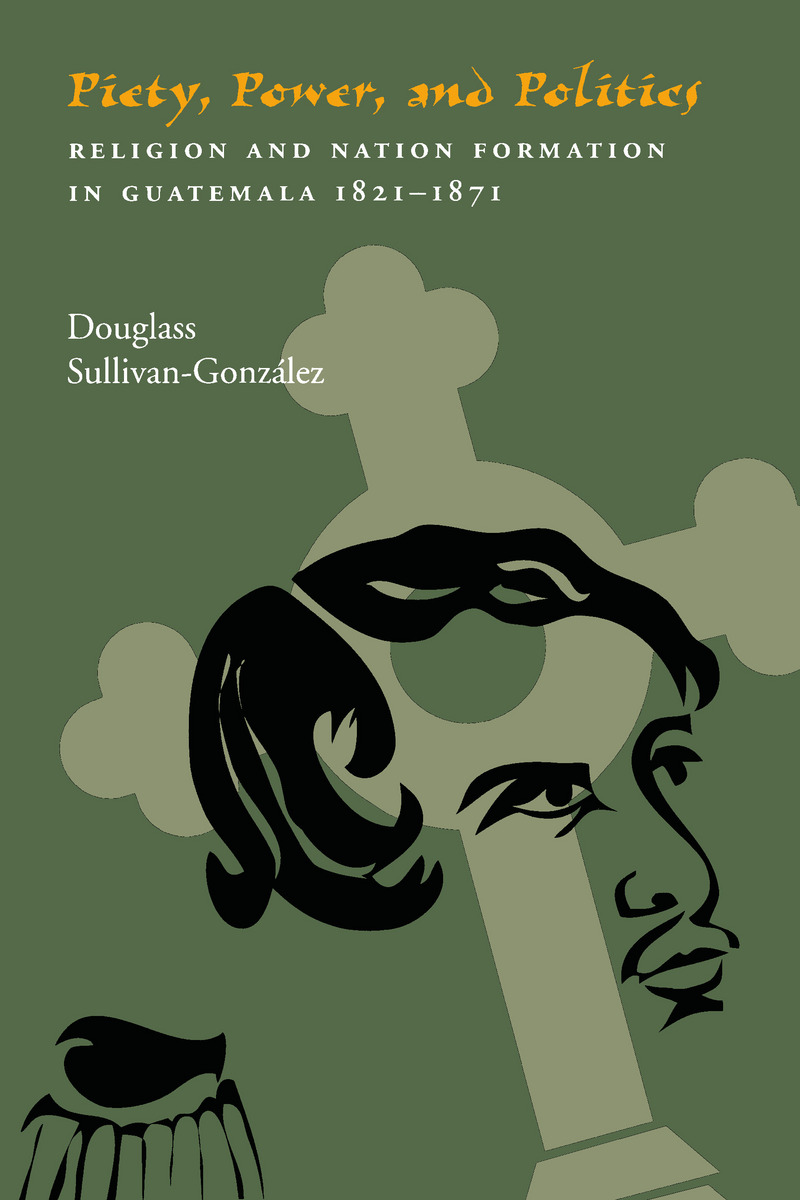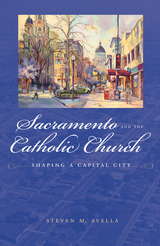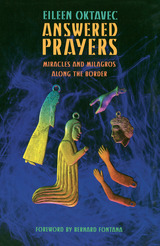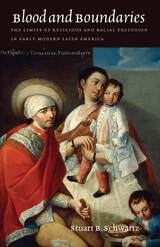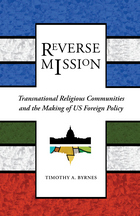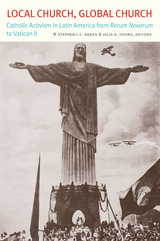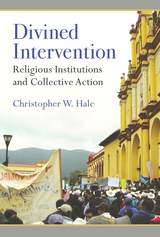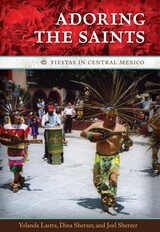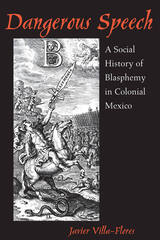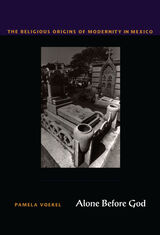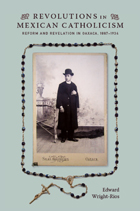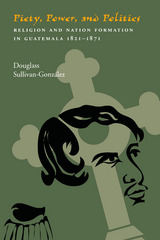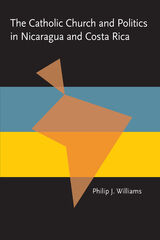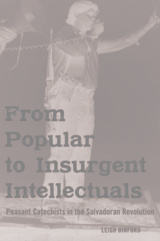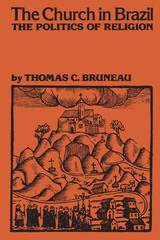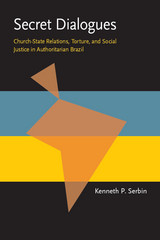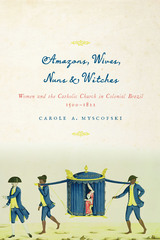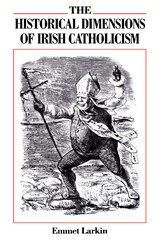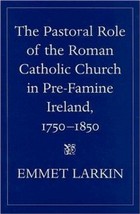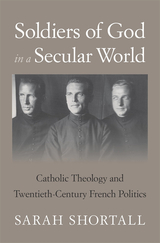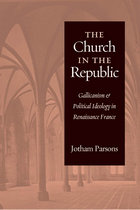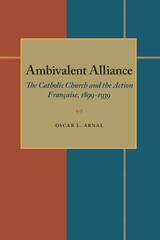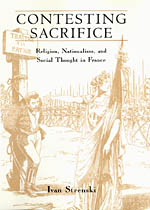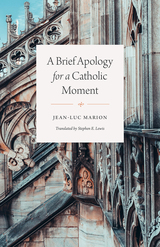Piety, Power, and Politics: Religion and Nation Formation in Guatemala, 1821–1871
University of Pittsburgh Press, 2008
Cloth: 978-0-8229-4057-9 | Paper: 978-0-8229-6022-5 | eISBN: 978-0-8229-7050-7
Library of Congress Classification BX1438.2.S85 1998
Dewey Decimal Classification 972.81044
Cloth: 978-0-8229-4057-9 | Paper: 978-0-8229-6022-5 | eISBN: 978-0-8229-7050-7
Library of Congress Classification BX1438.2.S85 1998
Dewey Decimal Classification 972.81044
ABOUT THIS BOOK | AUTHOR BIOGRAPHY | REVIEWS | TOC | REQUEST ACCESSIBLE FILE
ABOUT THIS BOOK
Douglass Sullivan-González examines the influence of religion on the development of nationalism in Guatemala during the period 1821–1871, focusing on the relationship between Rafael Carrera and the Guatemalan Catholic Church. He illustrates the peculiar and fascinating blend of religious fervor, popular power, and caudillo politics that inspired a multi-ethnic and multiclass alliance to defend the Guatemalan nation in the mid-nineteenth century.
See other books on: 1821-1945 | Americas (North, Central, South, West Indies) | Church and state | Guatemala | Piety
See other titles from University of Pittsburgh Press
